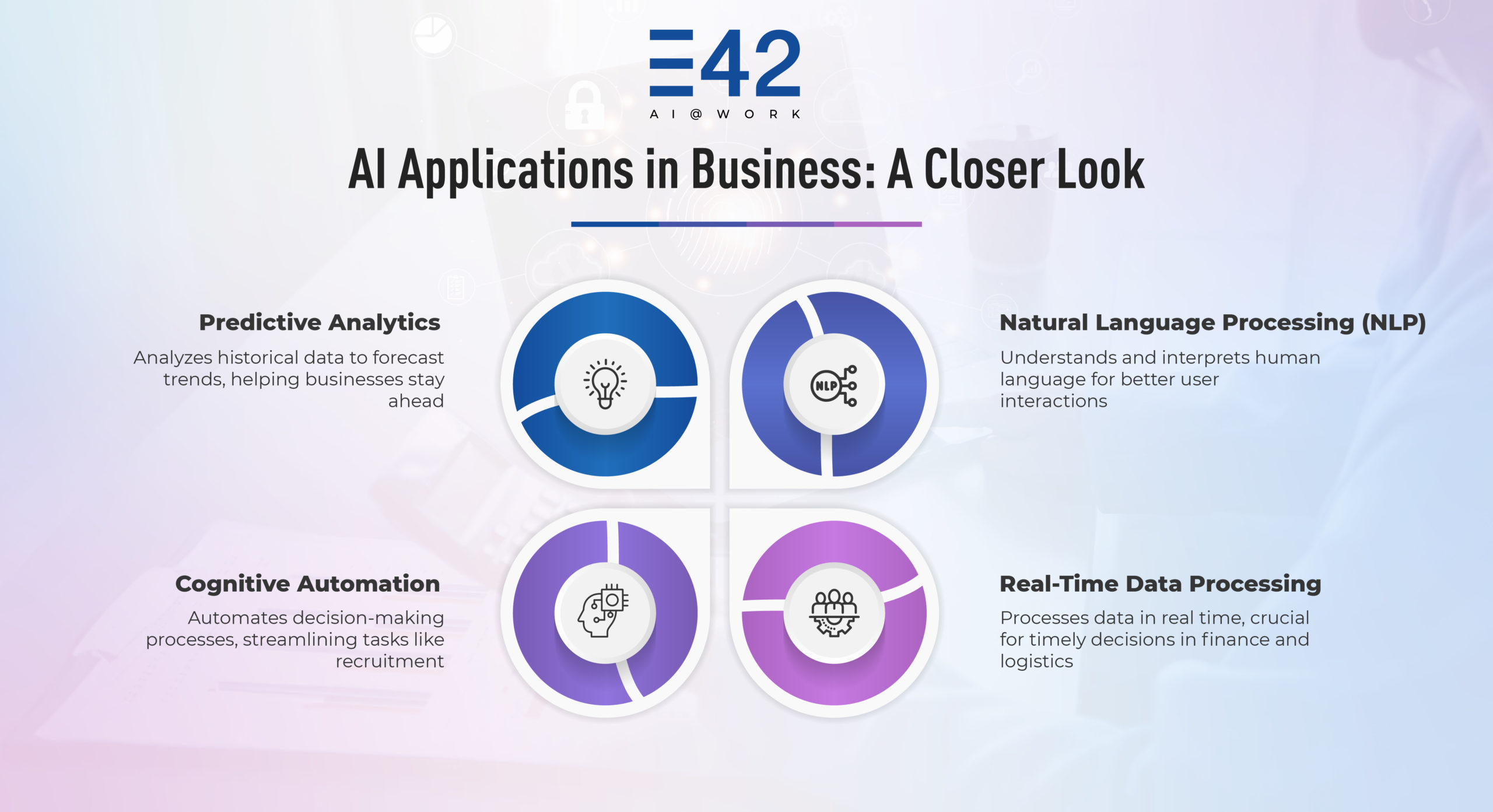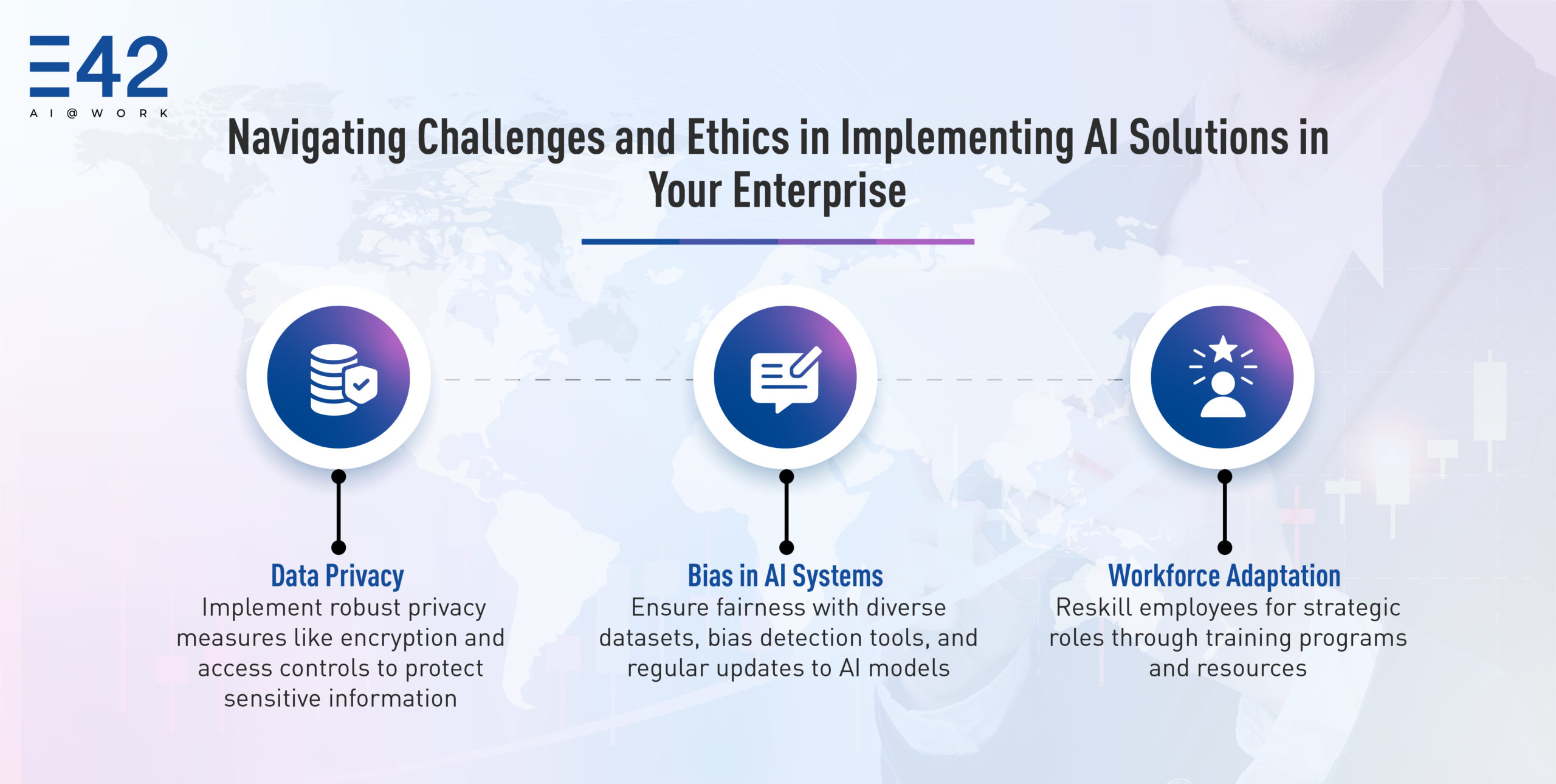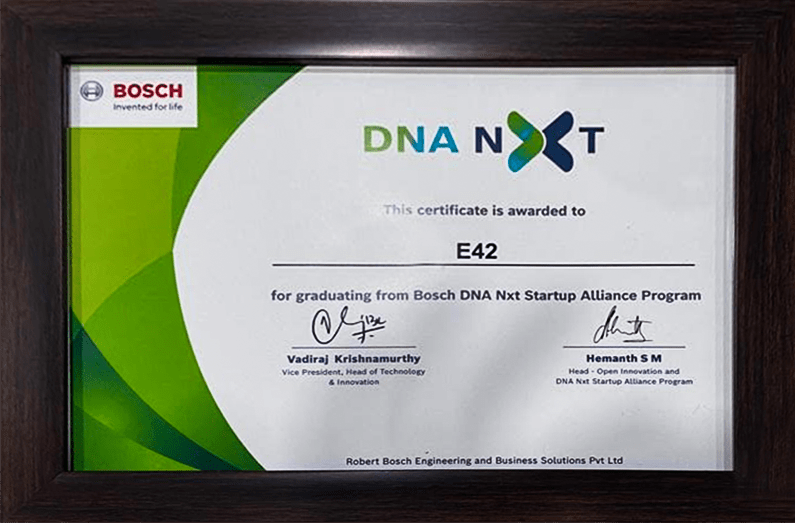Data is often heralded as the ‘new oil’, a critical resource driving enterprise success. But data alone isn’t enough—unlocking its true value demands more than just storage and organization. Enter enterprise automation platforms, which are increasingly powered by artificial intelligence (AI). These platforms transform raw data into actionable insights, enabling businesses to streamline operations, optimize workflows, and make informed decisions faster than ever before.
The integration of AI into enterprise systems isn’t just about staying relevant; it’s about shaping the future of AI in business and redefining what’s possible in enterprise workflow automation.
The Evolution of Enterprise Automation Platforms
An enterprise automation platform is a suite of tools that leverages AI, machine learning (ML), and Cognitive Process Automation (CPA) to simplify and optimize workflows across departments. These platforms are designed to reduce the need for manual intervention by automating repetitive tasks, such as data entry, invoice processing, and employee onboarding.
But where these platforms truly shine is in their ability to harness artificial intelligence and its future potential. By bringing AI to data, these systems analyze vast datasets, uncovering patterns and trends that would otherwise remain hidden. This fusion of automation and intelligence is the driving force behind modern business transformation.
For example, an enterprise automation platform might use AI to process thousands of invoices in minutes, flagging discrepancies and ensuring compliance. Such systems not only improve accuracy but also drastically cut down turnaround times.
AI-Driven Enterprise Workflow Automation
Traditional enterprise workflows often operate in silos, with disparate systems managing different aspects of business operations. This fragmentation not only hampers efficiency but also limits the ability to derive holistic insights. AI-powered enterprise workflow automation platforms address these challenges by:
1. Breaking Down Silos
AI seamlessly integrates data from various sources, offering a unified view that enhances collaboration across departments. For instance, an AI-powered platform can combine data from CRM, ERP, and supply chain management systems to provide a 360-degree view of operations.
2. Streamlining Processes
By automating repetitive tasks, AI reduces operational bottlenecks and allows employees to focus on more strategic initiatives. For example, AI algorithms can automatically route customer service tickets to the appropriate department based on the nature of the query.
3. Enhancing Decision-Making
Using AI for data analytics provides real-time insights, enabling leaders to make data-driven decisions with confidence. For instance, AI can analyze sales data to predict future demand, helping businesses optimize inventory levels.
AI-Powered Data Analytics: Transforming Raw Data into Strategic Insights
Data analytics is no longer confined to generating reports or visualizations. With AI at its core, modern analytics platforms offer:

Predictive Analytics
AI-powered platforms can analyze historical data to predict future trends, from customer behavior to market shifts. This capability allows businesses to proactively address challenges and seize opportunities, securing a competitive edge.
Natural Language Processing (NLP)
NLP enables enterprise systems to understand and interpret human language, whether it’s processing customer feedback or generating automated responses. This creates more intuitive interactions between businesses and their clients, enhancing user experiences.
Cognitive Automation
AI takes enterprise workflow automation to the next level by mimicking human decision-making processes. For instance, in HR, AI can automatically shortlist candidates based on predefined criteria, significantly reducing the time and effort required for recruitment.
Real-Time Data Processing
Unlike traditional analytics tools that work with static data, generative AI processes information in real time. This is especially crucial for industries like finance and logistics, where timely decisions can mean the difference between profit and loss.
The Future of AI in Business: Emerging Trends and Innovations
As AI technology evolves, its applications in enterprise automation are set to expand further. Here are some emerging AI for trends that highlight the future of AI in business:
1. Hyper-Personalization
AI will enable businesses to deliver hyper-personalized experiences by analyzing individual customer preferences and behaviors. For example, e-commerce platforms can use AI to recommend products based on a customer’s browsing history and purchase patterns.
2. Autonomous Operations
The next generation of enterprise automation platforms will be capable of making complex decisions without human intervention, further reducing operational overhead. For instance, AI can autonomously manage supply chain logistics, adjusting routes and schedules in real time based on traffic and weather conditions.
3. Ethical AI Implementation
As the adoption of AI grows, so will the focus on ethical practices, ensuring transparency, fairness, and compliance in automated processes. This includes developing explainable AI (XAI) models that provide clear and understandable explanations for their decisions.
4. Energy-Efficient AI
With growing concerns about sustainability, future AI models will prioritize energy efficiency without compromising performance. This will be particularly important for large-scale enterprise deployments, where energy consumption can be a significant concern.
Why AI-Driven Automation is a Game-Changer for Enterprises
The combination of AI and automation represents more than just a technological upgrade; it signifies a fundamental shift in how businesses operate. By adopting enterprise automation platforms, organizations can reduce costs by minimizing human error and accelerating processes, leading to significant savings.
Additionally, automation boosts productivity by freeing employees from repetitive tasks, allowing them to focus on higher-value activities. Furthermore, with data-driven insights at their fingertips, teams can explore innovative solutions to complex challenges. In essence, AI doesn’t just make processes faster; it makes them smarter, laying the groundwork for long-term growth and success.
Challenges and Ethical Considerations in AI-Driven Automation
While the benefits of AI in enterprise automation are immense, it’s important to navigate the challenges responsibly:

1. Data Privacy
With AI relying heavily on data, businesses must prioritize robust privacy measures to protect sensitive information. This includes implementing encryption, access controls, and regular audits to ensure compliance with data protection regulations.
2. Bias in AI Systems
Ensuring fairness in AI-driven decisions requires diverse datasets and continuous monitoring. Businesses must also invest in bias detection tools and regularly update their AI models to reflect changing societal norms.
3. Workforce Adaptation
As AI takes over routine tasks, reskilling employees for more strategic roles becomes essential. This includes providing training programs and resources to help employees transition to new roles within the organization.
Conclusion: Embracing the AI-Driven Future of Enterprise Automation
AI’s integration into enterprise systems is revolutionizing how businesses operate. By transforming raw data into actionable intelligence, enterprise automation platforms are setting new benchmarks for efficiency, accuracy, and innovation. Whether it’s through real-time analytics, predictive modeling, or autonomous operations, the potential of AI in enterprise workflow automation is limitless.
As we look ahead, the future of AI in business lies not just in automating tasks but in creating intelligent systems that work alongside humans to drive meaningful outcomes.
Curious to explore how AI can revolutionize your enterprise? Let’s start the conversation.



